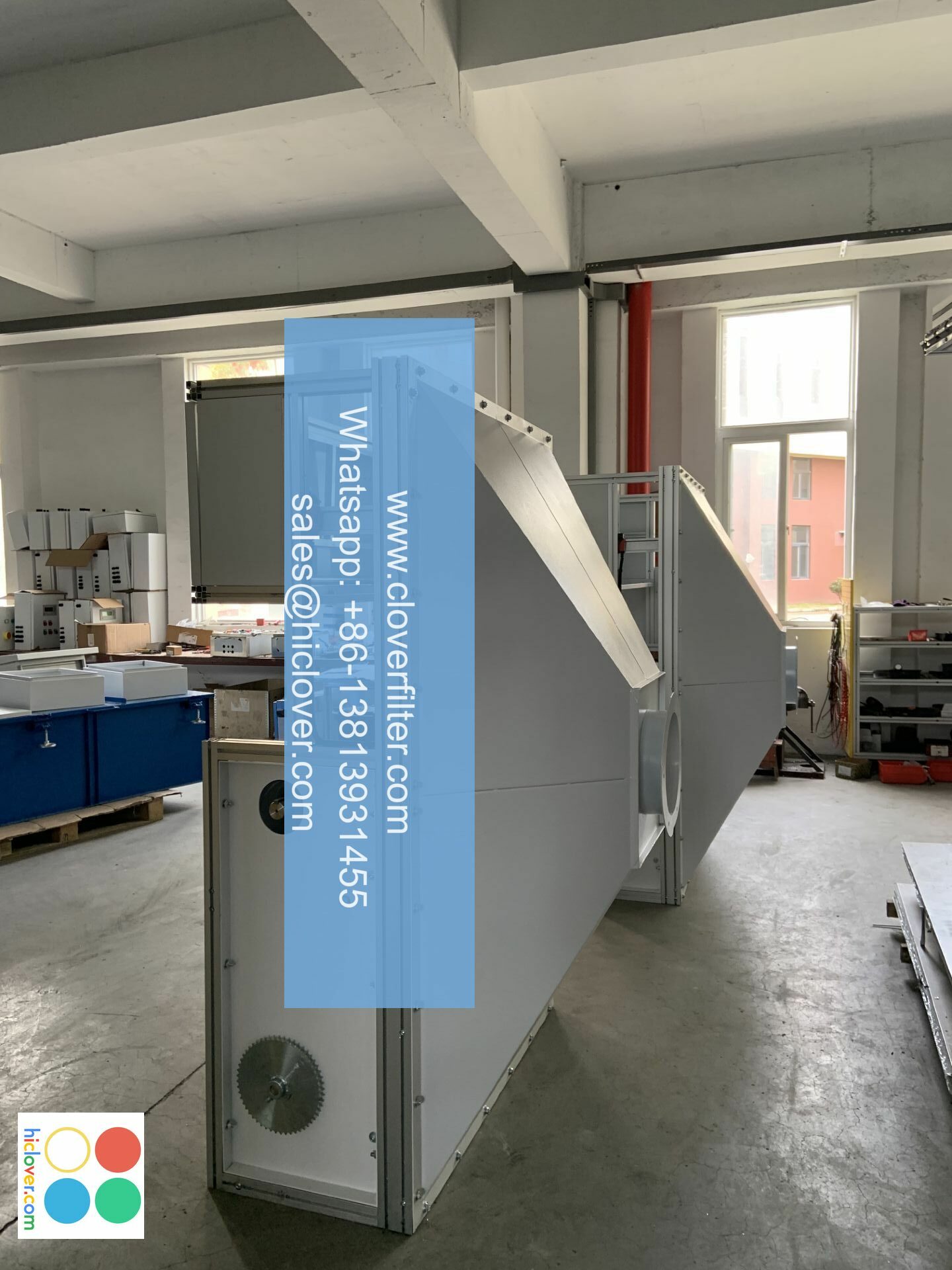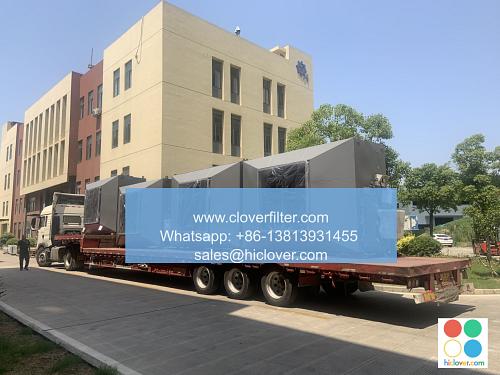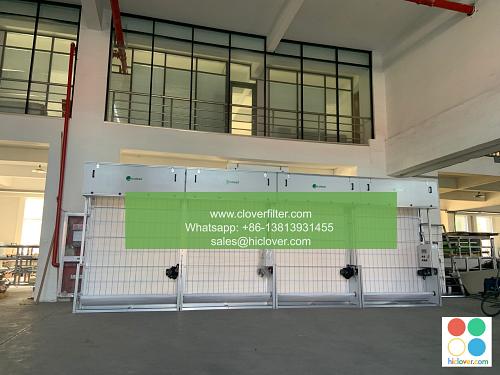The Importance of Regular HVAC Filter Changes

The Importance of Regular HVAC Filter Changes: Improve Indoor Air Quality and Energy Efficiency
Introduction
Regularly changing the HVAC filters in your home or commercial space is an often-overlooked task, but it is crucial for maintaining optimal indoor air quality, improving energy efficiency, and prolonging the lifespan of your heating, ventilation, and air conditioning (HVAC) system.
Improved Indoor Air Quality
Indoor air quality (IAQ) refers to the condition of the air within buildings. Poor IAQ can result from various sources, including allergens, dust, and volatile organic compounds (VOCs) present in indoor environments. The HVAC filter plays a significant role in maintaining IAQ by trapping these particles and preventing them from circulating throughout the air.
Regularly changing HVAC filters ensures that airborne contaminants are efficiently removed, which can have significant health benefits. For instance:
- Improved breathing: Regularly changing HVAC filters can help remove allergens like dust mites, mold spores, and pet dander, reducing symptoms of asthma and other respiratory conditions.
- Enhanced comfort: Proper filtration reduces indoor air pollutants, creating a healthier and more comfortable environment.
- Reduced energy consumption: With improved airflow and optimal system performance, HVAC systems operate more efficiently, leading to significant energy savings.
- Increased cost savings: Reducing energy consumption translates to cost savings for business owners and homeowners alike.
- Extended system lifespan: By avoiding excessive energy consumption and potential breakdowns, the lifespan of the HVAC system is extended.
- Residential spaces: It is recommended to change HVAC filters every 1-3 months, depending on usage and specific filter type. For families with pets or smokers, filter replacement may need to occur more frequently.
- Commercial spaces: In high-traffic areas like offices or schools, filter changes should be conducted every 2-6 weeks. Industries that generate excessive dust, like construction or manufacturing, may require more frequent changes (every 1-2 weeks).
- Industrial spaces: In large commercial or industrial spaces, it’s essential to consult with HVAC specialists to determine the optimal filter replacement schedule based on specific facility needs.
- Upgrade to high-quality filters: Using higher-efficiency filters can capture even smaller particles and improve indoor air quality.
- Inspect and clean ductwork: Regular cleaning and inspections can help remove dirt and debris buildup, which can reduce HVAC performance and overall effectiveness.
- Schedule filter replacements: Make a habit of checking and changing HVAC filters as part of routine maintenance to avoid any potential system breakdowns or downtime.
Energy Efficiency and Cost Savings
An HVAC system operates more efficiently when the air filters are clean, as clean filters reduce airflow restriction and ensure optimal system performance.
Here are some key benefits:
Application Areas and Recommendations
Additional Tips for Optimizing HVAC Filter Changes
Conclusion
Regular HVAC filter changes are an essential component of maintaining indoor air quality, improving energy efficiency, and extending the lifespan of HVAC systems. By following application-specific recommendations and staying vigilant with routine maintenance, property owners and operators can create healthier, more comfortable, and energy-efficient indoor environments. Don’t neglect your HVAC filters – keep them clean, and reap the benefits for yourself and those around you.
I’m ready! What would you like to prompt me with?
Would you like to:
Write a story
Generate a prompt for a topic
Have a conversation
Practice a language skill
Something else?
Let me know, and I’ll do my best to assist you!


